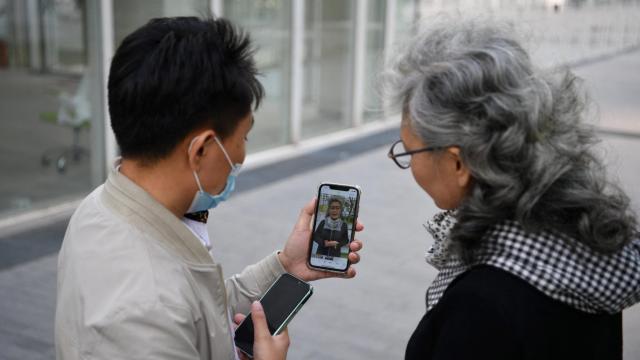Worried about crossing the line while posting in China? Never fear, for Chinese industry group the Netcasting Services Association has posted a helpful list of 100 topics that should never be broached in short videos on apps like Douyin.
The “Online Short Video Content Review Standard Rules 2021” (dated to Dec. 15) contain the typical prohibitions on questioning state leadership or the official version of Chinese history but also include bans on such topics as using clips of TV shows without authorization, depicting sex or unconventional marriage, or discussions of extreme politics like fascism. Videos that promote cryptocurrency are off-limits, as are some other topics. The Register summarized some of the other banned themes as:
- Drug use, and the effects of having taken drugs;
- Gambling machines;
- Organised crime activities and gangs;
- Glorification or glamorisation of crime;
- Violence or mental abuse.
Lying about charitable donations has also made the naughty list. Also earning a red line is any discussion comparing religions, if it could provoke sectarianism.
Some of the rules are incredibly broad, such as prohibitions against characters with over-exaggerated or strange behaviour that censors may view as having a negative impact on minors, failure to distinguish between fact and fiction, debauched lifestyles, maliciously posting out of context clips (ahem) characterising police activity as violent, or content that is shallow and violates public order or customs. Others are rather specific, such as prohibitions on promoting notoriously aggressive online fandoms called fan quan, glorification of online celebrity in general, or creating channels dedicated to witchcraft. One carve-out at the end could refer to practically anything on an arbitrary basis, with the last item translated by the Register as prohibiting “Other violation of laws, regulations and social public order and good customs.”
The list appears to largely resemble guidelines previously issued by the government-appointed body in 2019, as reported by the Wall Street Journal. A translated version of the 2019 release shows that cryptocurrency promotion didn’t previously appear on the list of prohibited topics. Since then, the Chinese government’s attitude towards cryptocurrency has hardened, issuing further prohibitions against its mining or trading and dispatching regulators to more proactively enforce those rules.
In the U.S., content decision moderation decisions are generally left up to individual companies, for better or for worse. Some of the content listed by the Netcasting Services Association is nearly universally banned by Western tech firms for good reason, like glorifying suicide, depiction of brutal real-life violence and torture or animal abuse, and fabricated charitable endeavours. In a few extreme cases, such as child sex abuse content or terrorism promotion, industry giants have joined together in associations to better meet shared standards and coordinate databases of prohibited content (such as the Global Internet Forum to Counter Terrorism).
The distinction here, however, is not only the breadth of the topics prohibited but that Chinese industry associations are effectively under the control of the government. Censorship of sensitive topics is often carried out by the private sector under pressure authorities; CNN recently reported that microblogging platform Weibo has been fined dozens of times throughout 2021 for failure to comply with the rules fast or effectively enough.
It’s also important to understand, as Human Rights Watch pointed out in a 2020 report, that digital censorship is tightly intertwined with nationalism in China, and many internet-savvy young people view the rules as protecting social stability and (for very understandable reasons) shielding the Chinese internet from dominance by foreign tech firms. Some of the most popular content on the Chinese web is charmingly wholesome, such as videos of farm life and elderly fashion icons.
Most of the topics were already prohibited in some manner before the rollout of the industry association rules in 2019, according to the . In 2019, the Wall Street Journal wrote that the list likely reflects discomfort in the Chinese government about the ease by which short-form video apps like Douyin (ByteDance’s local version of TikTok) and Kuaishou, or similar features in other apps like the nearly universally used WeChat, can spread messages it doesn’t like.
Ben Cavender, a senior analyst at China Market Research Group, told the Journal: “short video platforms are worrisome because the content is fluid, can be very sticky and get a lot of viewership fast.”
